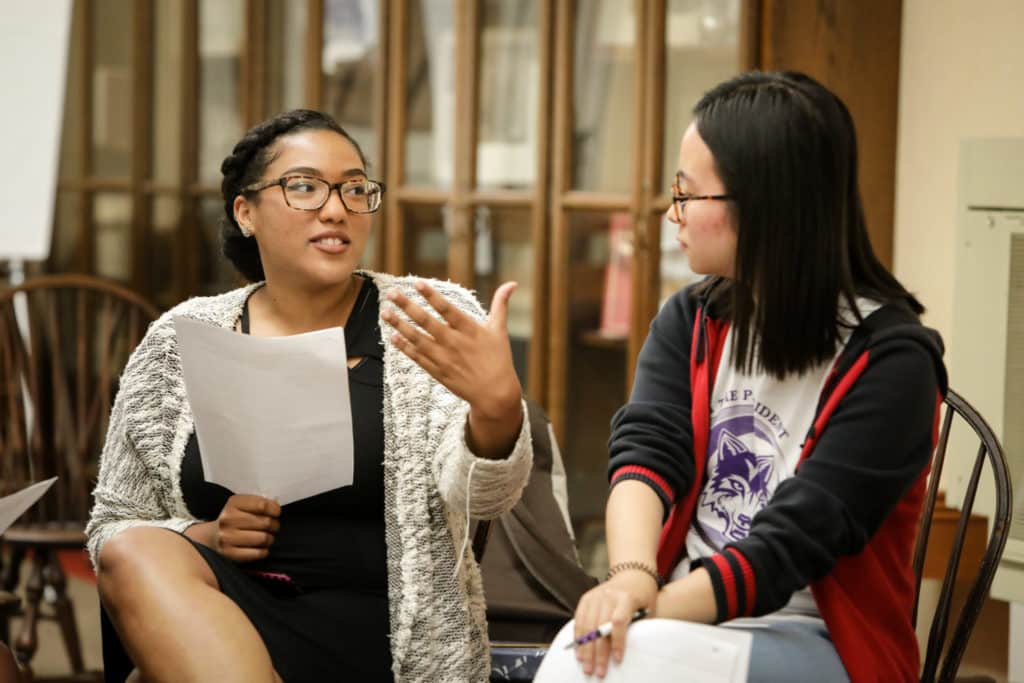
(c) Mary Ann Bates, all rights reserved, [email protected]
Greg Jackson was dreading today’s class discussion. As the instructor, he had put together discussion groups with a mix of perspectives on the issues being discussed. While the diversity of perspectives was great for getting a range of views, the discussions weren’t. They often ended in shouting matches or posturing rather than genuine discussions.
Jackson decided to take a different approach to today’s discussion to see if he could make it more productive. He introduced the discussion topic and then asked each student to write down their personal values as they related to the topic. This took some coaching because students had not given a lot of thought to their values.
Then he asked the discussion facilitators to record the values of each student in their discussion groups. Next, he asked the students to explore the discussion topic keeping their values and the values of the other students in mind.
The resulting discussions were much more civil. Students appreciated the values of their classmates and would often frame their comments in a way that would respect the values of their classmates. Another thing also happened. Rather than making rash and provocative statements, students began to ask questions of each other. Often a question would reference a classmate’s stated value and then ask, “If you believe…then what would you think of…?” The students seemed to be trying to understand each other better. At the end of the class, Jackson was impressed by how much more generous and exploratory the discussions were.
Values-centered discussions can often focus the discussions on what is really important at the core of issues. They do this by asking discussion participants to explore how they view an issue from the perspective of what is most important to them. Focusing on personal values also tends to eliminate the use of “talking points” that unfortunately dominate so many discussions today. It can help us respond to the humanity of our discussion partners as we focus on what each holds dear.
While you can dismiss a bombastic statement for what it is, it’s much more difficult to ignore statements that reflect a person’s heartfelt values. Value-centered discussions ask us to appreciate how a person thinks about an issue. In fact, value-centered discussions may result in rethinking the basis of what we believe. Not only do our comments provide insight to others in the discussion, but they also help us reevaluate our own thinking, and perhaps our own values.
Next time you’re in a conversation about a controversial topic, see what happens if you start by sharing a statement of your values. To do this, you might need to stop and think about what your own values really are when it comes to the topic. Ask your conversation partner(s) about the values they hold dear. Then see what happens when you each share your different, or common, values, as you go on to explore a difficult topic together.
* * *
“I am ashamed to think how easily we capitulate to badges and names, to large societies and dead institutions.” – Ralph Waldo Emerson
This post is part of our “Think About” education series. These posts are based on composites of real-world experiences, with some details changed for the sake of anonymity. New posts appear Wednesday afternoons.



